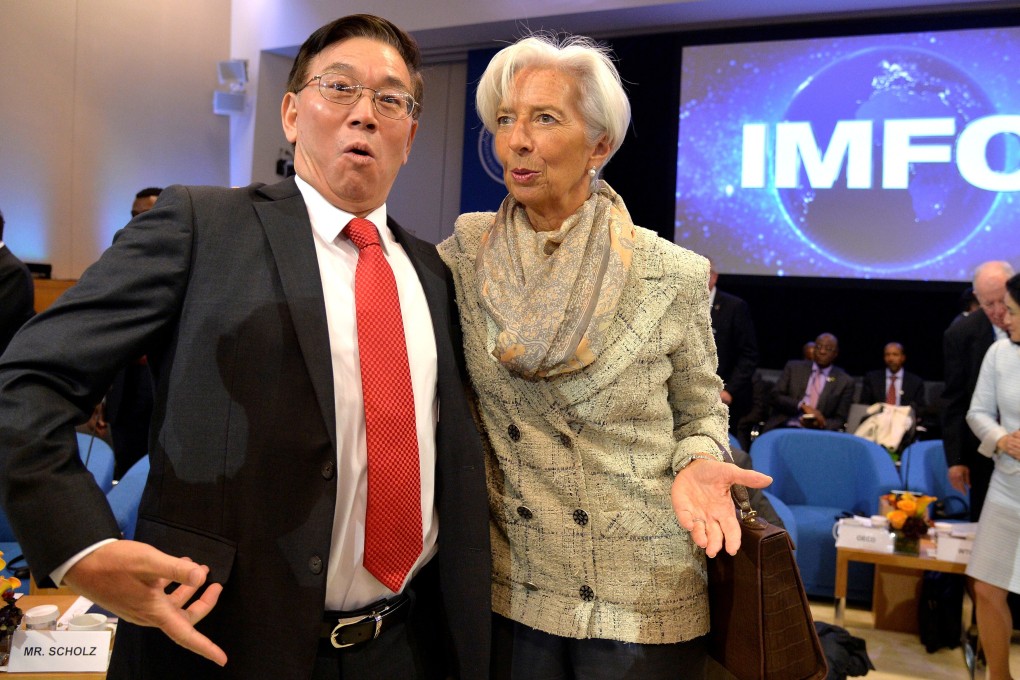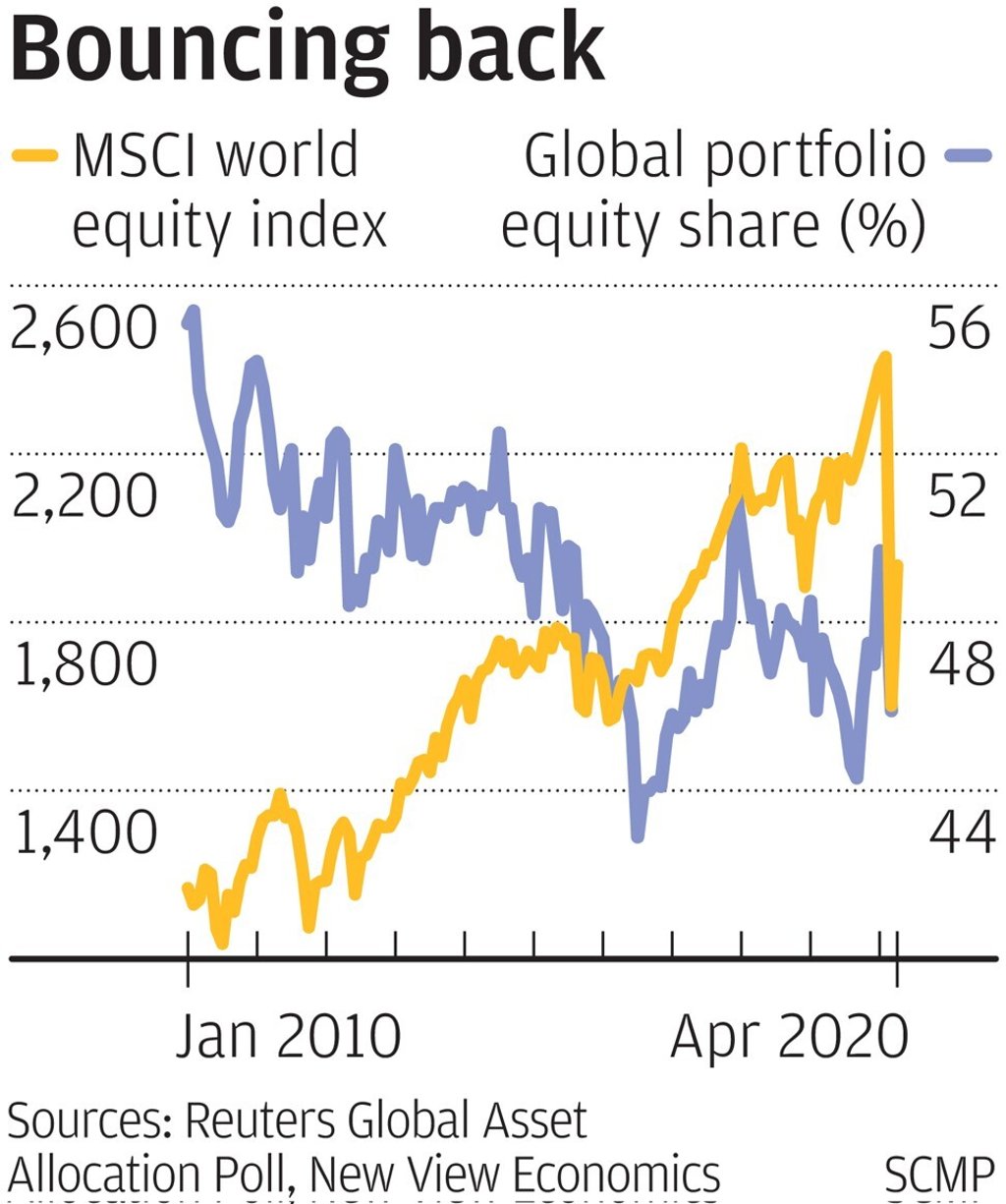As equities improve, emerging markets and Europe are looking like good bets
- Amid a dramatic US-led stock market rebound, overlooked emerging market equities stand to reap the benefits of a cyclical upturn, subject to US dollar strength, while European equities are increasingly attractive after recent policy boosts

In comparison, emerging market equities have performed more defensively, falling by less and recovering by less, but ending up in a similar place. That is because emerging markets in Asia, which contracted and controlled the Covid-19 epidemic earlier than the rest of the world, account for around 80 per cent of the global emerging market equity space.
So, which region might fare better in a cyclical upturn? Comparing the sector make-up, emerging market equities seem better positioned: they have significantly higher exposure to cyclical sectors such as capital goods, technology and financials, while Europe has higher exposure to defensive stocks, which provide consistent dividends and stable earnings, such as health care and consumer staples.

